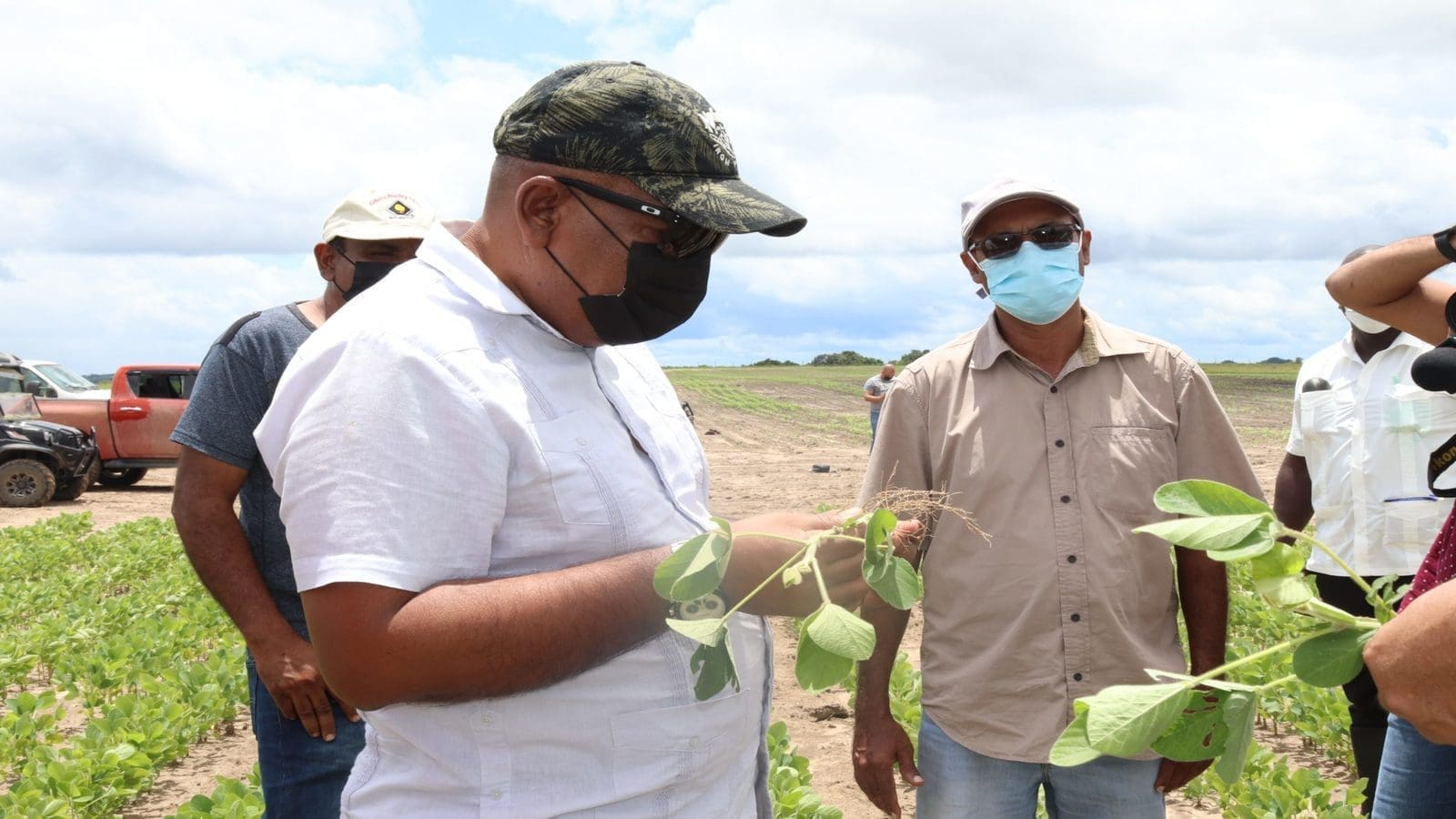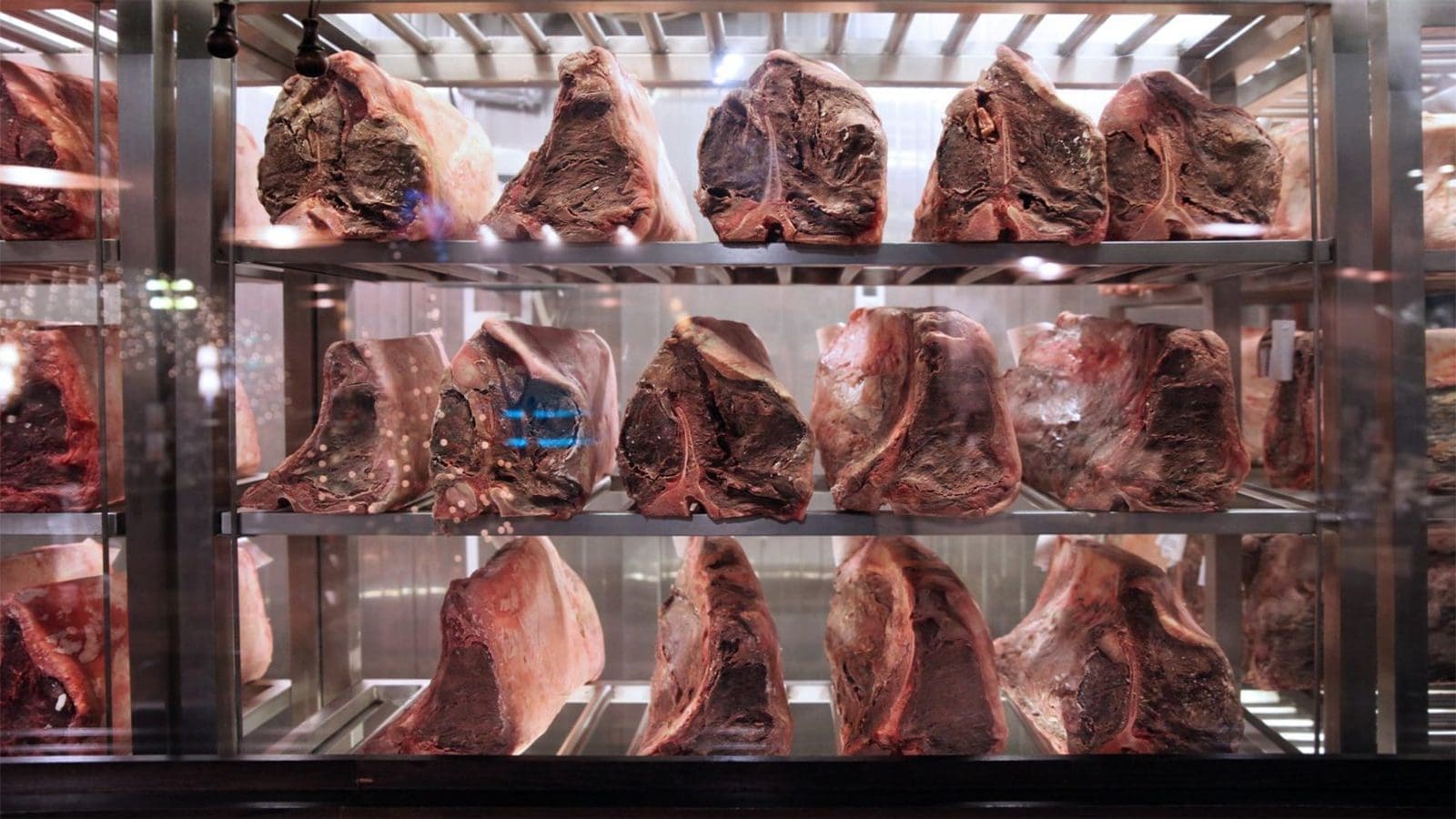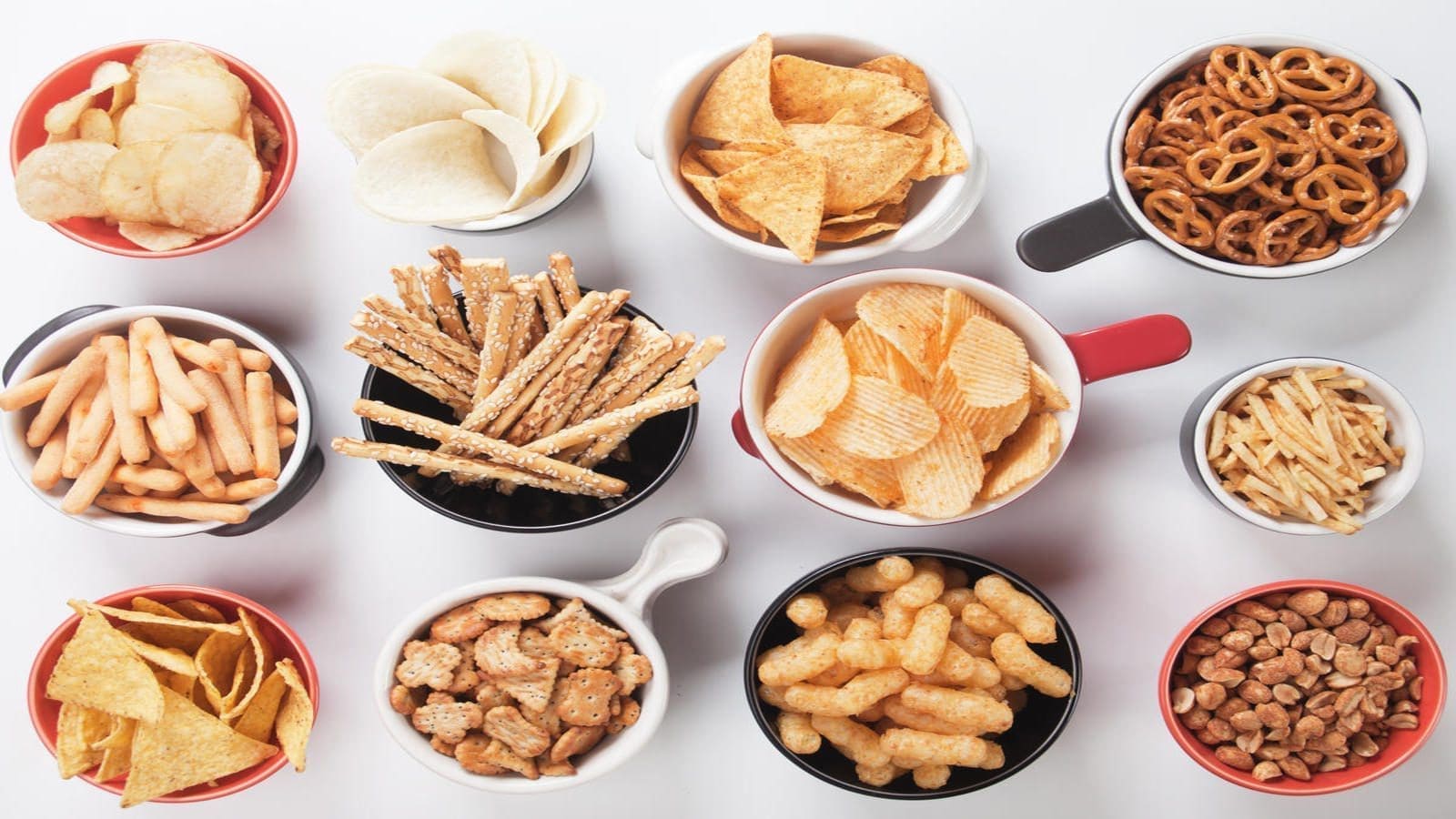GUYANA – The government of Guyana has organized a five-day workshop with various stakeholders aimed at strengthening the national food control system.
The workshop includes officials from the Ministries of Health and Agriculture, the Guyana Livestock Development Authority and the Food and Agriculture Organization of the United Nations (FAO) among others.
Participants over the next few days will look at the food control system of Guyana in its totality, identifying strengths and weaknesses and come up with concrete actions to ensure the food safety system meets international food, trade and export standards.
“The system is somewhat fragmented and this is an opportunity that international best practices can be implemented,” revealed the FAO Resident Representative in Guyana Gillian Smith.
A systemic toolkit developed by the World Health Organization (WHO) and FAO will also be handed over and for the first time be implemented in Guyana.
“Strengthening that food safety control is really vital to a lot of the fundamental plans of Guyana going forward. This is vital for production, this is vital for everyone in Guyana being able to live healthy and productive lives,” Smith explained.
Minister of Agriculture Zulfikar Mustapha, during remarks, said his ministry recognizes the importance of the food control system to the growth and development of Guyana.
“A well-functioning and effective food control system allows for, suffice to say, suitable, high quality and nutritious food for the public consumption Over the years, food has gained much importance, contributing to health, wealth and wellbeing of citizens,” Minister Mustapha said.
This year, the country will see a revolutionary strengthening of the local agriculture sector with several legislative agendas, bills, models and guidelines. All of these legislations will be formulated and updated with a comprehensive understanding of the national and regional legislative framework for food safety, animal health, plant and fisheries.
Minister Mustapha revealed that the Food Safety Bill of 2016 is being amended and will soon be presented in the National Assembly. He noted that three other legislations – the Aquaculture Regulation, General Plant Health Regulation and the Crops and Livestock Legislation – are all critical to move the food safety system forward.
A safe food supply will stimulate more trade and tourism and must also be taken to the next level of development to facilitate the country’s growing population and economy.
At the same time, Advisor to the Ministry of Health Dr. Leslie Ramsammy said the government is committed to playing a significant role in how food is produced and processed, the quality of food and how it is marketed.
He said after decades there is still a need for vast improvement in the national Food Safety System. In particular, Dr. Ramsammy spoke of the significant need to strengthen the Food-Borne Disease Surveillance System.
“This is a critical part of the food chain. The Ministry of Health recognizes that the present Food Borne Disease Surveillance System is reactive rather than proactive. The ministry is in process of strengthening the Food-Borne Surveillance System,” Dr Ramsammy explained.
The Food Borne Disease Surveillance System is designed to collect data on food borne disease outbreaks and implement appropriate interventions.
Liked this article? Subscribe to Food Safety Africa News, our regular email newsletters with the latest news insights from Africa and the World’s food safety, quality and compliance. SUBSCRIBE HERE








